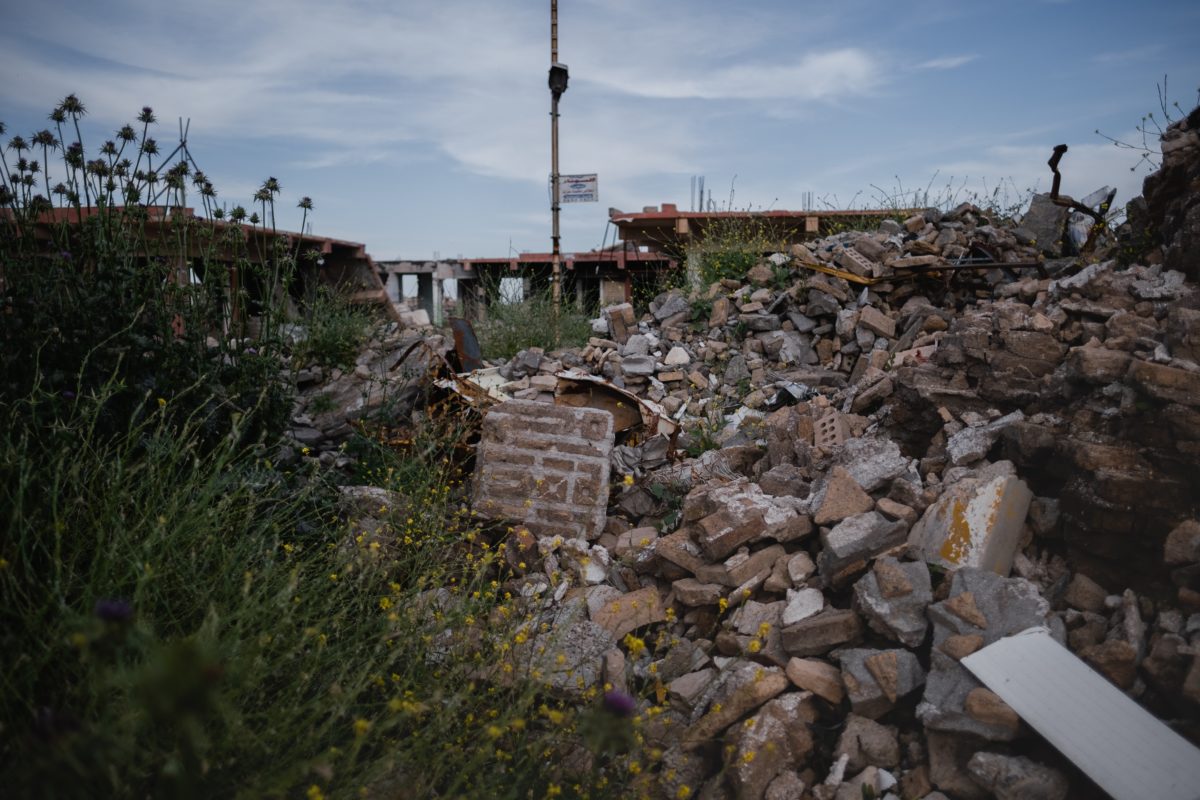
The Supreme Council of the Evangelical Community in Syria and Lebanon has described the catastrophic actions of the so-called Islamic State (ISIS) as an “existential threat facing the future of Middle Eastern minorities” and a potential “annihilation of Christian presence” in the region.
Unfortunately, those words are not hyperbole.
In a statement to fellow Evangelicals and Protestants around the world, the churches of Syria and Lebanon call upon the global church as well as all social and humanitarian organizations to:
- Quickly urge governments and decision-makers in various countries to: raise awareness of the imminent dangers; act to support those displaced; work towards a long-term strategy that can end the violence; apply pressure against those supporting the radicals
- Develop a well-thought-out strategy to support institutions that spread the values of religious pluralism, human rights, justice and peace and enable the ongoing presence of Christians and other moderates in the region
- Provide humanitarian aid – e.g., food and water supplies, medical assistance, and resettlement – to victims of the ongoing violence
New York Times columnist Ross Douthat notes that the Middle East’s Christian communities have suffered “a fatal invisibility” in the Western world.
Meanwhile, even as the West bombs ISIS targets and Iraq stabilizes following a power-sharing agreement, ISIS continues to control large swaths of Iraq and recruits militants from as far as the U.S., Canada, Malaysia, and Indonesia. The civil war in Syria remains at a stalemate. Political tensions in Lebanon may cause it to devolve into sectarian war.
The time for the global church to stand in solidarity with Middle East Christians has never been more urgent. We also stand with other religious minorities and the many other affected communities – all who bear the image of God and who are suffering terribly due to the murderous campaign of ISIS.
To read the full statement by the Evangelical Community in Syria and Lebanon, click here.